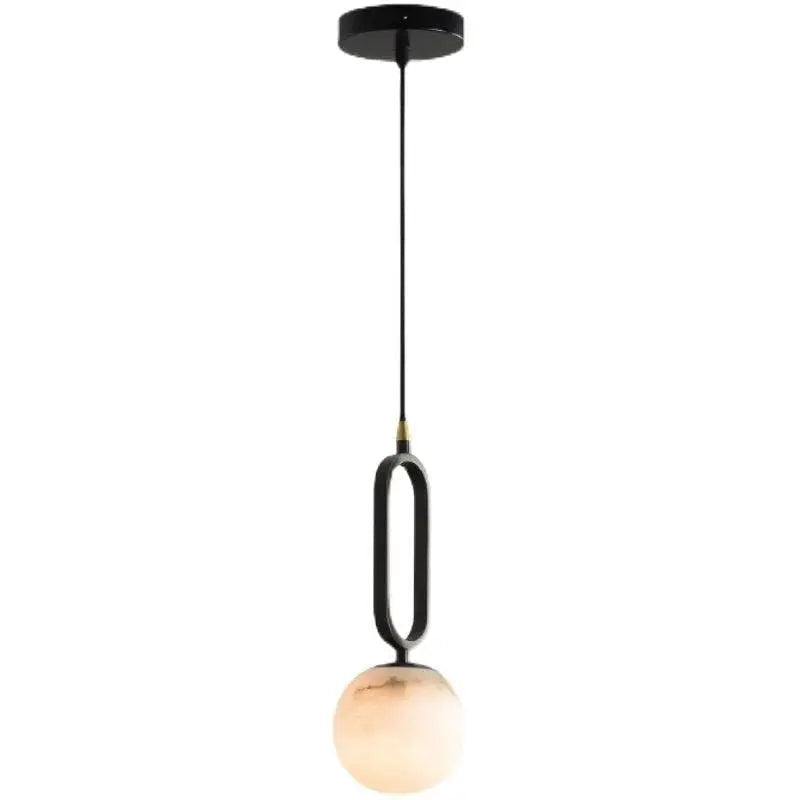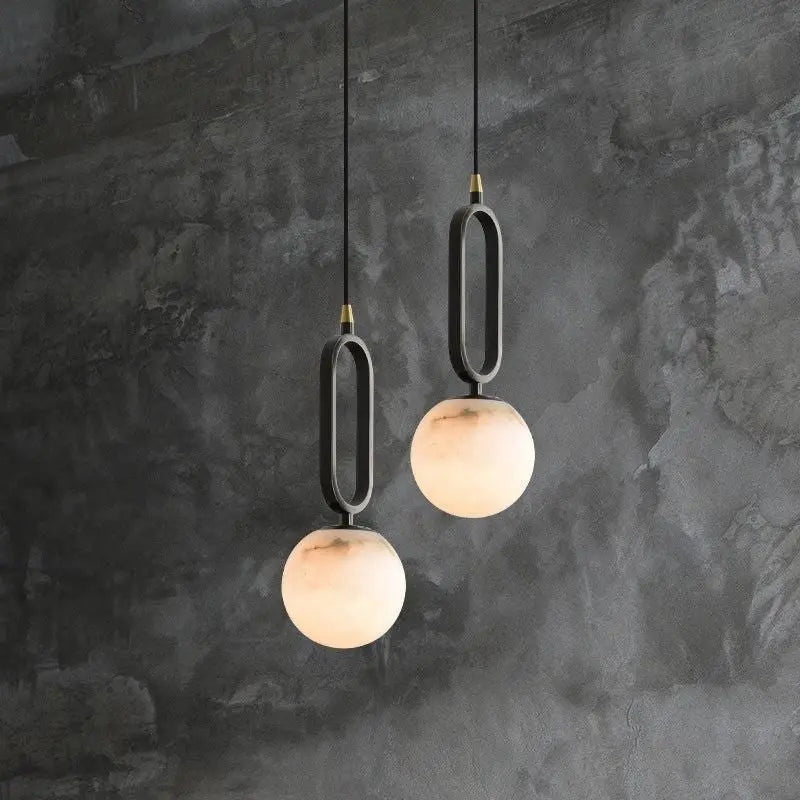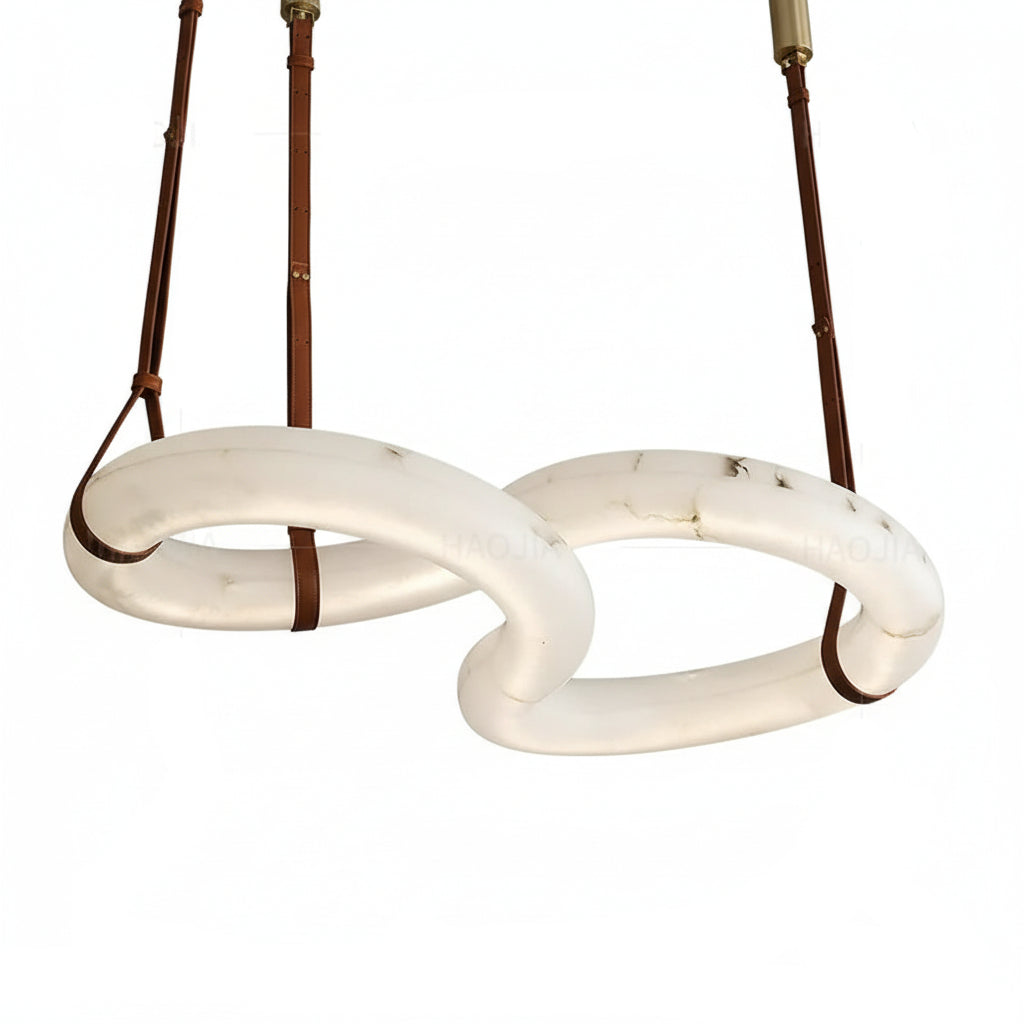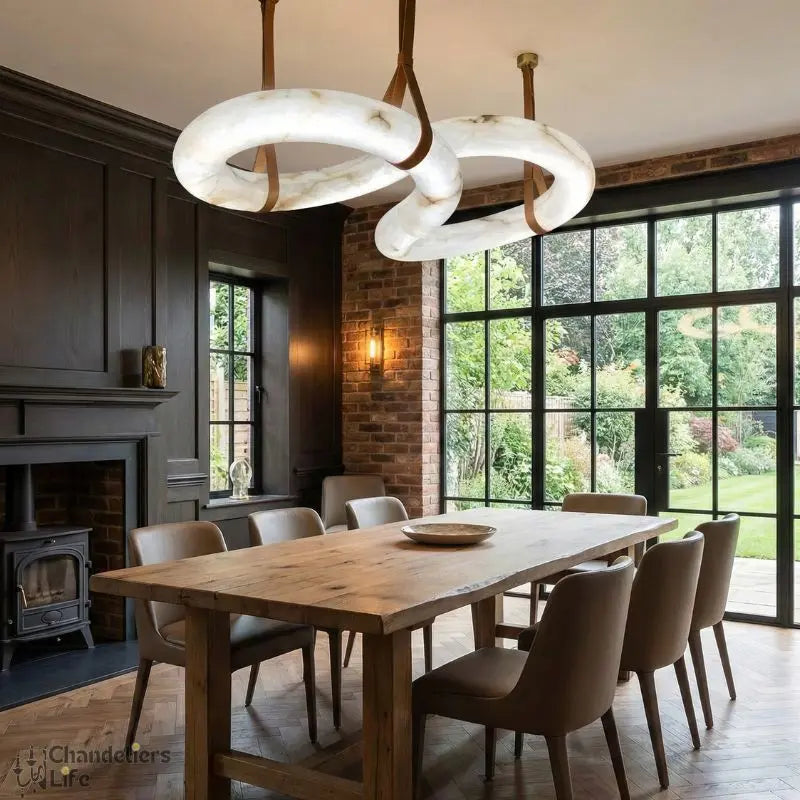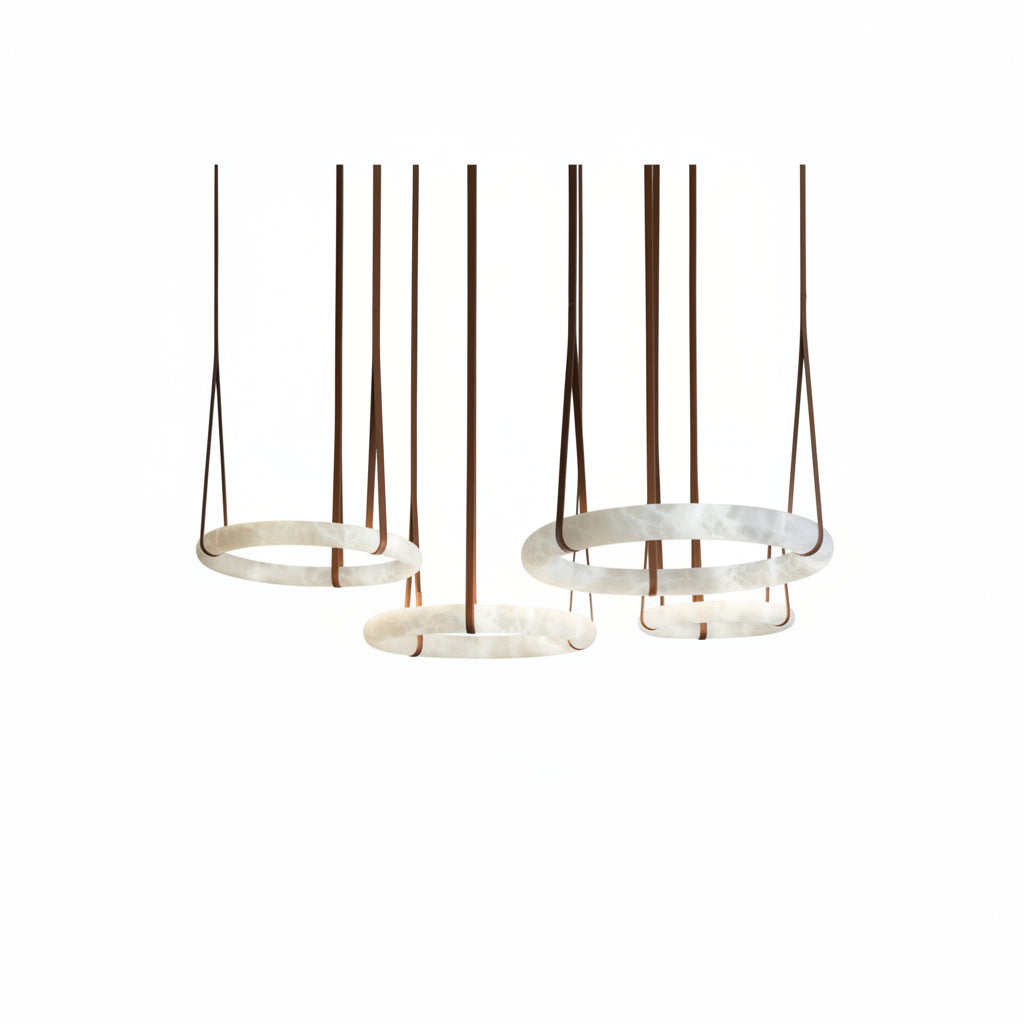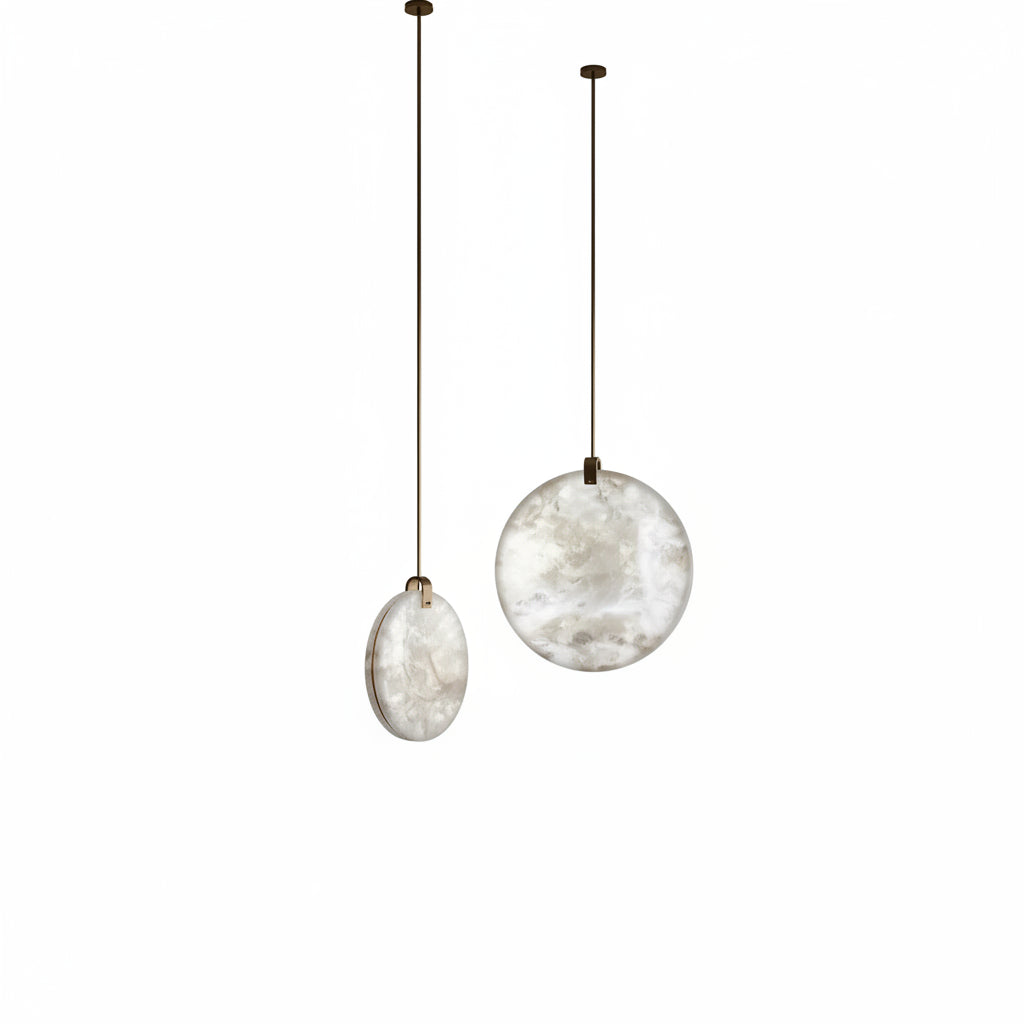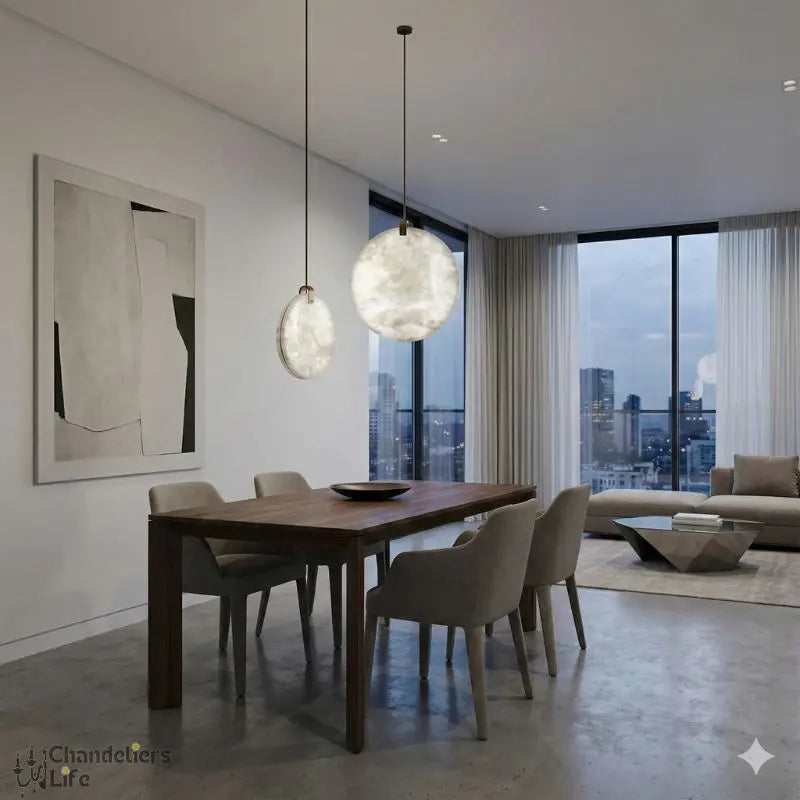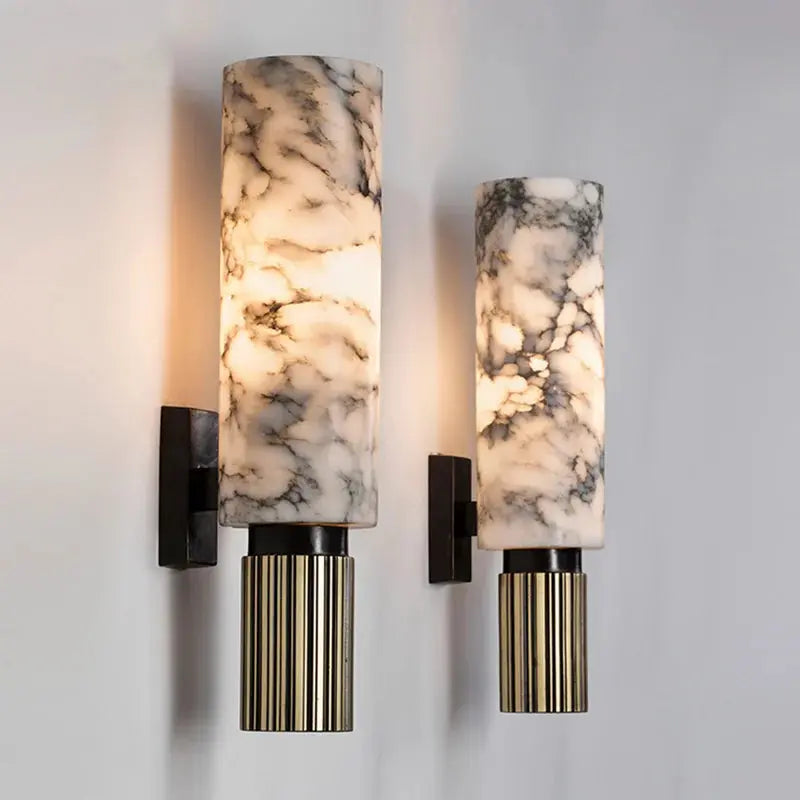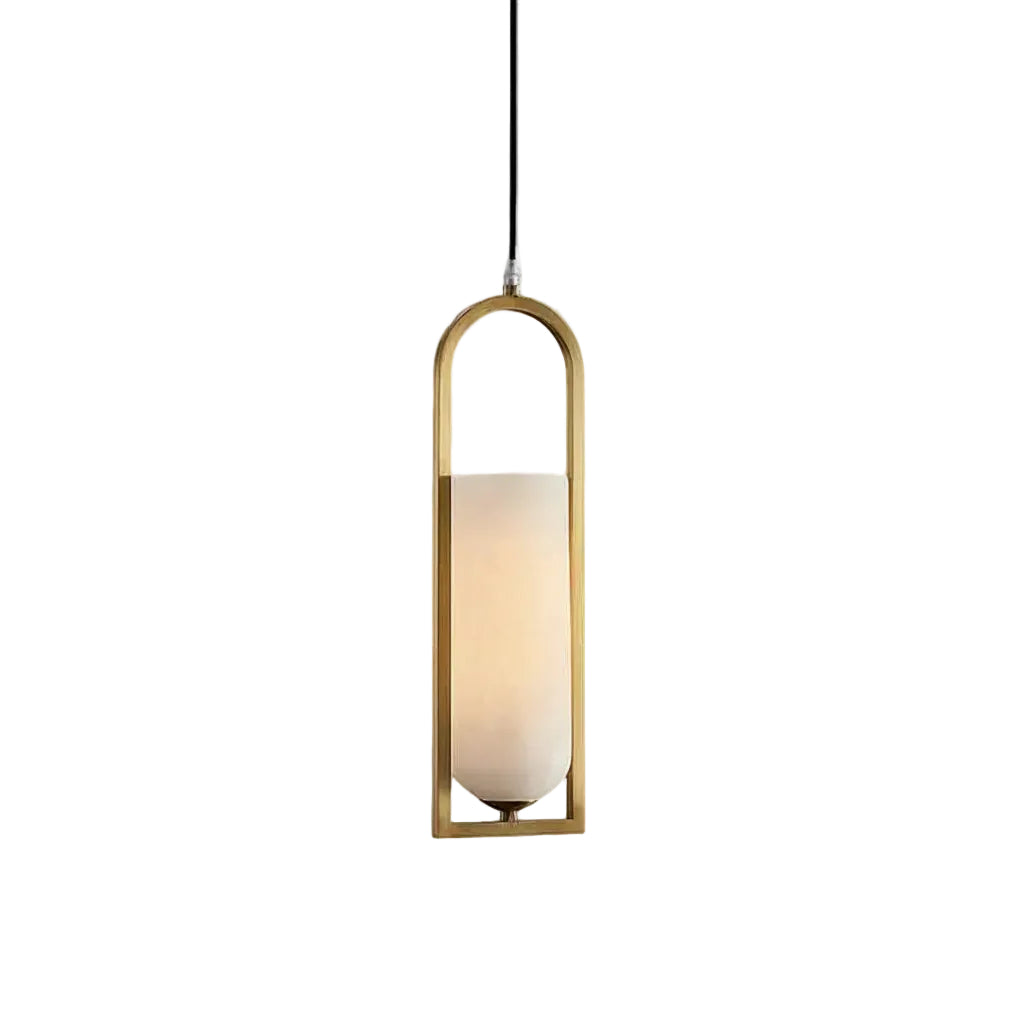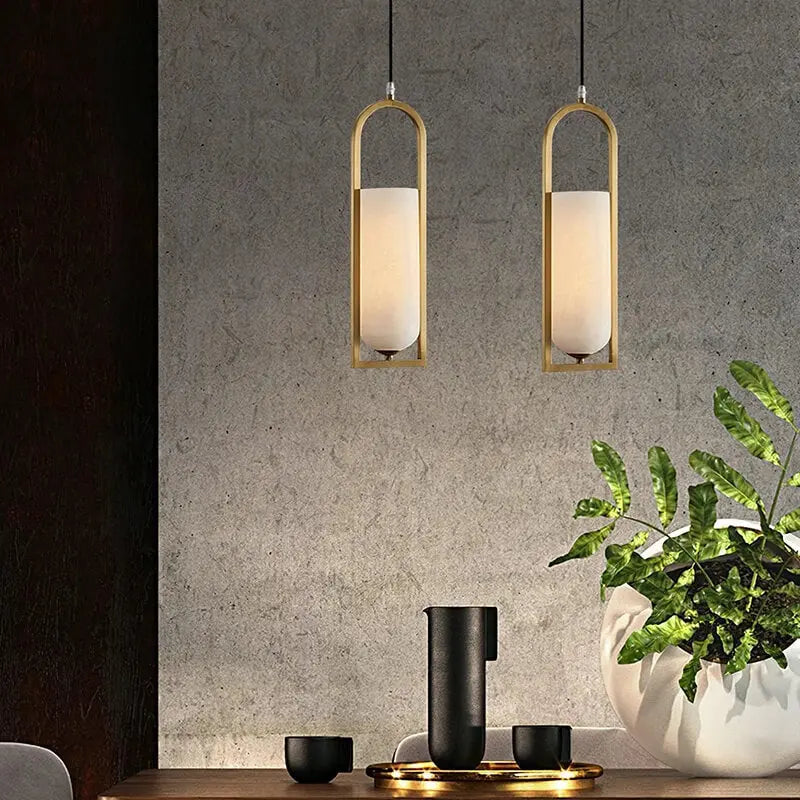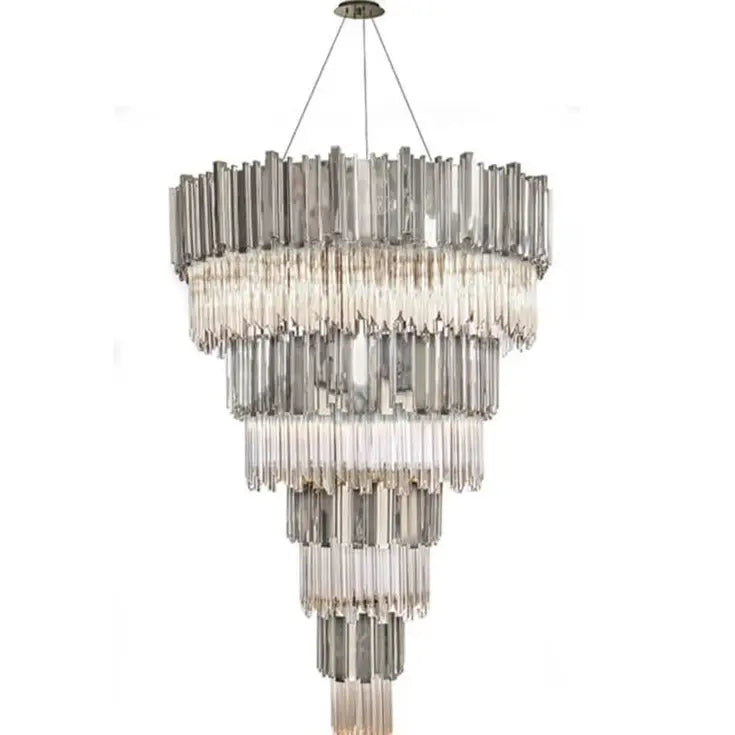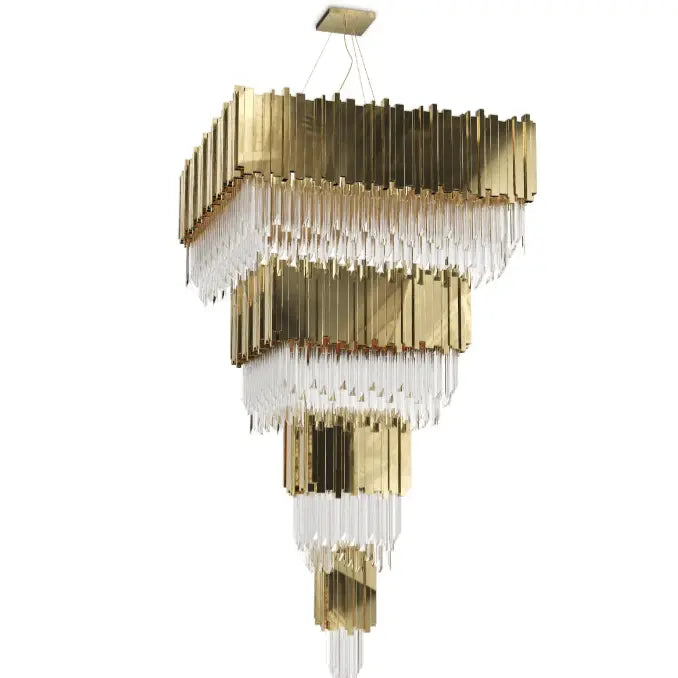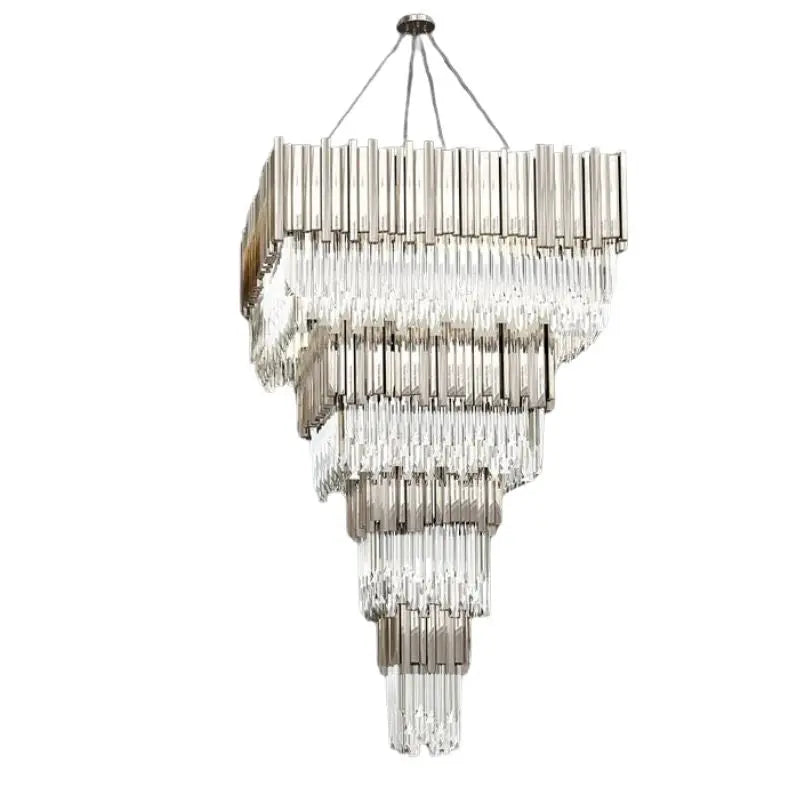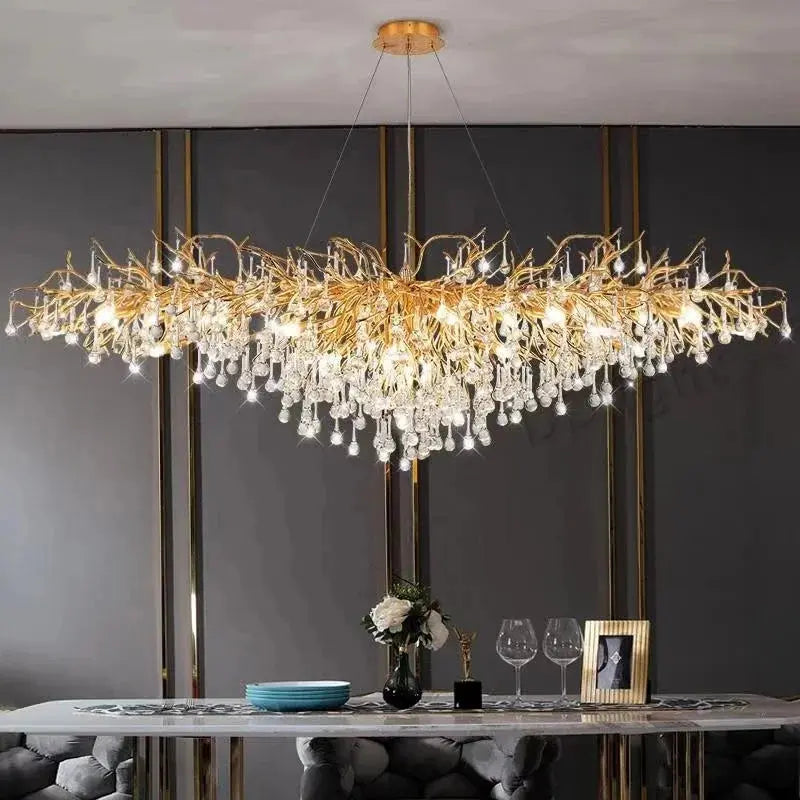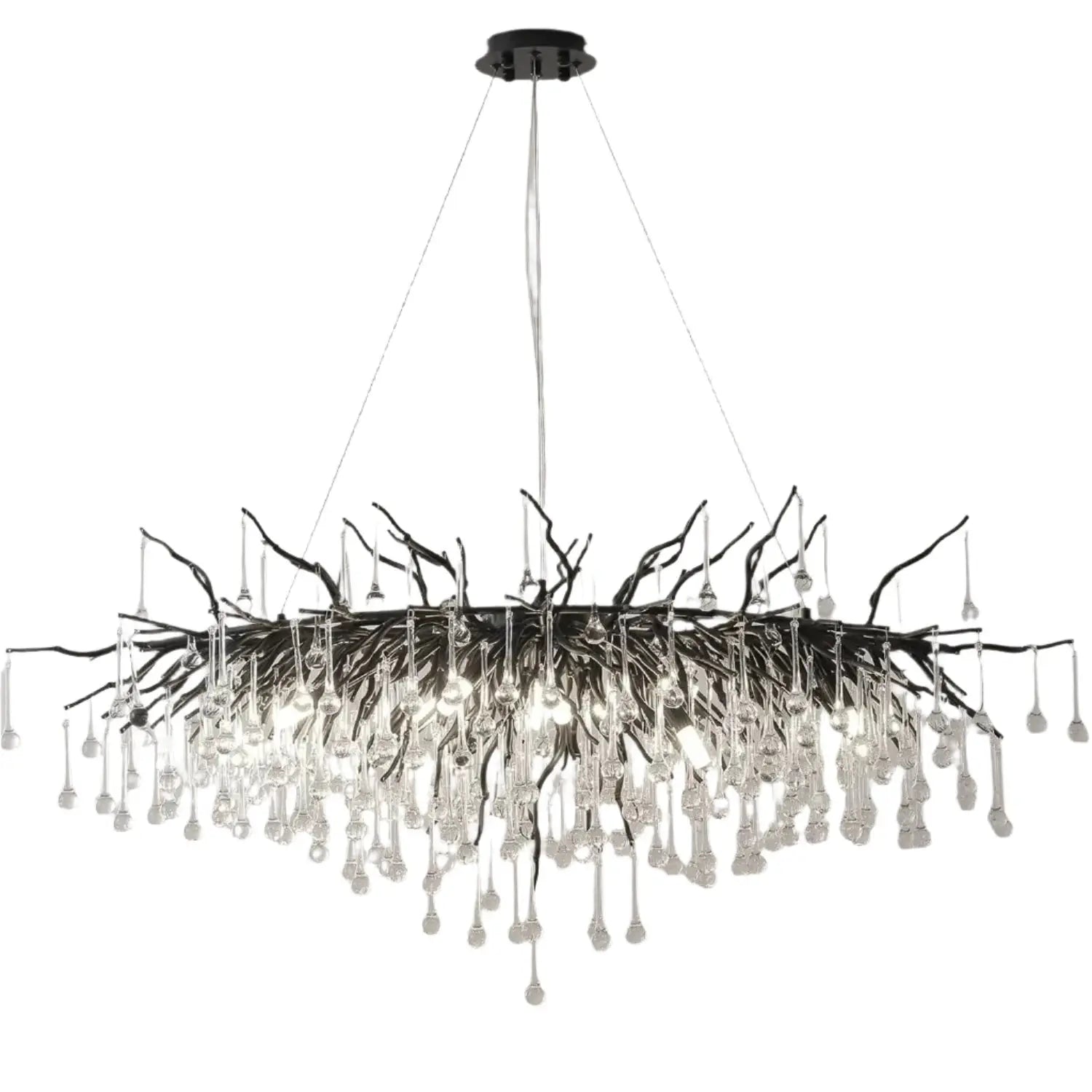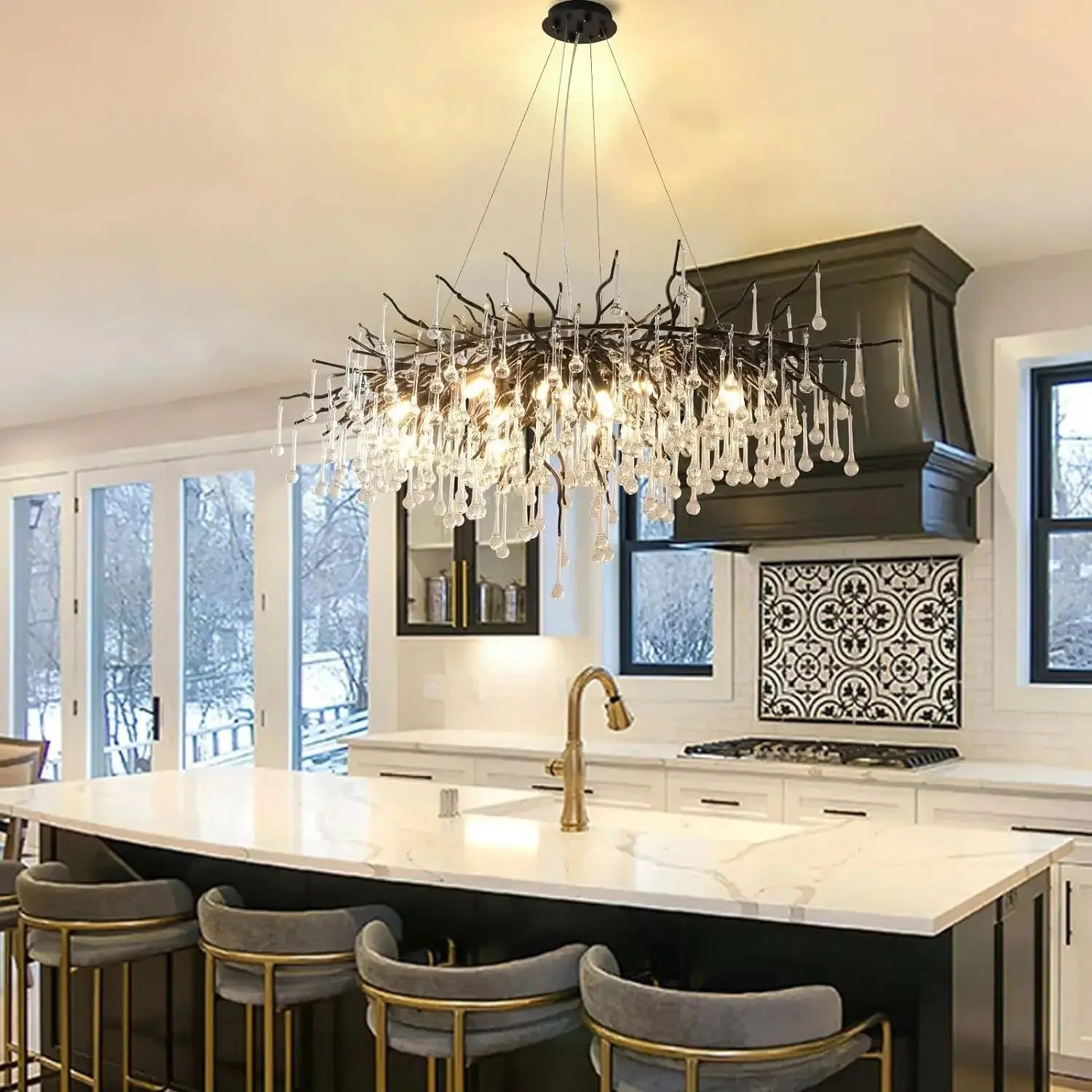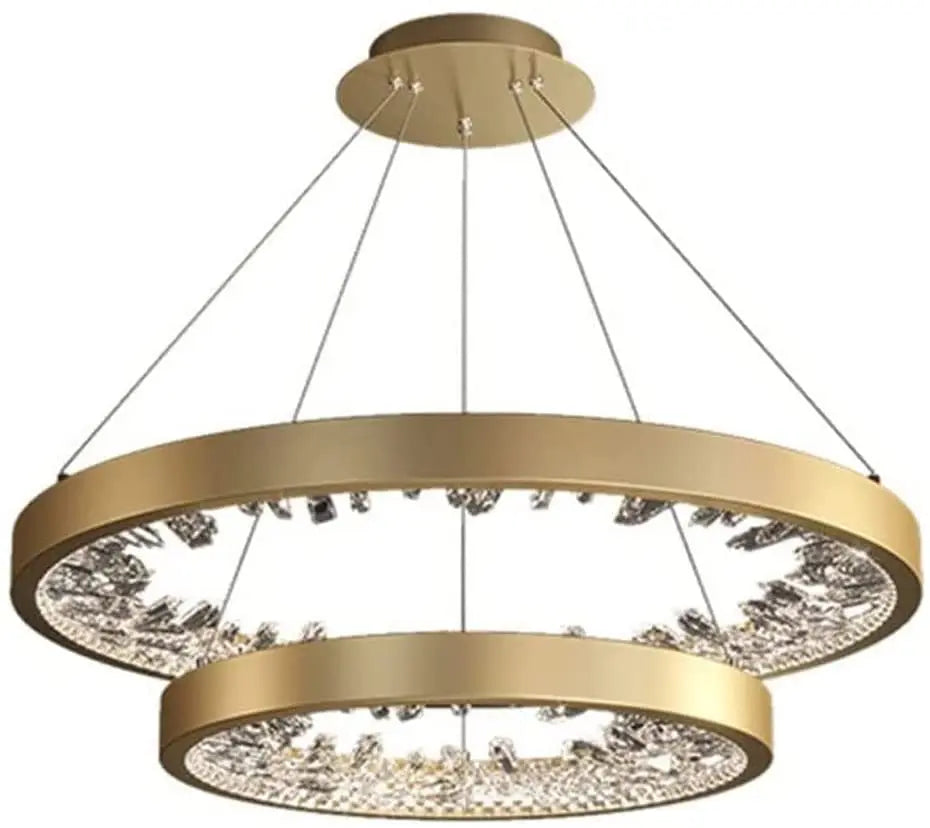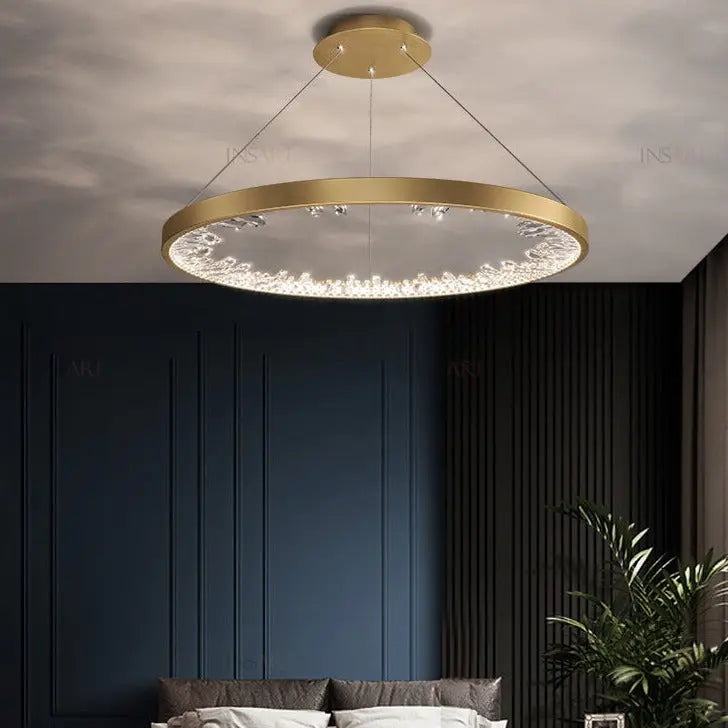Finding a home that fits your budget can be tough, especially with rising prices in many areas. However, there are many affordable options out there if you know where to look. This guide will help you understand what affordable homes are, explore different types available, and provide tips on how to find and secure a budget-friendly living space.
Key Takeaways
- Affordable homes are often priced below the average market rate and may need some repairs.
- Types of affordable homes include tiny houses, mobile homes, and rent-to-own options.
- Look for budget-friendly homes in less popular neighborhoods or emerging markets.
- Government programs can help first-time buyers save money when purchasing a home.
- Shared housing and having roommates can significantly lower living costs.
Understanding Affordable Homes
What Defines an Affordable Home?
Affordable homes are typically properties priced below the average market rate in a specific area. They may be smaller, require some renovations, or be located in less popular neighborhoods. Understanding what makes a home affordable can help you set realistic expectations during your house-hunting journey. Here are some key points to consider:
- Size and Condition: Smaller homes or those needing repairs often come at a lower price.
- Location: Homes in less sought-after areas can be more affordable.
- Market Variability: Prices can change based on local demand and economic conditions.
Market Trends in Affordable Housing
The market for affordable homes can shift due to various factors, including economic conditions and government policies. Staying informed about these trends is crucial, as they can significantly impact property prices and availability. Here’s a quick overview of current trends:
| Trend | Description |
|---|---|
| Increased Demand | More people are seeking affordable options. |
| Government Incentives | Programs to assist first-time buyers are growing. |
| Urban Development | Revitalization of certain areas is boosting prices. |
Evaluating the True Cost of Affordable Homes
When considering an affordable home, it’s essential to evaluate the total cost, not just the purchase price. This includes:
- Renovation Costs: Older homes may need updates, which can add to your budget.
- Maintenance Expenses: Regular upkeep can be more costly than expected.
- Community Factors: Consider the neighborhood's amenities and future growth potential.
Finding an affordable home is not just about the price; it’s about understanding the overall value and potential of the property.
By focusing on these aspects, you can make informed decisions that align with your budget and lifestyle. Whether you’re looking for sustainable homes, energy-efficient homes, or even minimalist homes, knowing what to look for can help you find the right fit.
Exploring Different Types of Affordable Homes
Tiny Houses and Microapartments
Tiny houses and microapartments are becoming popular as affordable living options. These compact spaces are designed for efficiency, allowing residents to live comfortably while keeping costs low. Here are some key points to consider:
- Space Efficiency: These homes maximize every square foot, making them ideal for minimalists.
- Sustainability: Many tiny homes use eco-friendly materials and designs, promoting a greener lifestyle.
- Affordability: They often cost significantly less than traditional homes, making them accessible for many.
Mobile Homes and Manufactured Housing
Mobile homes and manufactured housing offer a flexible and budget-friendly way to own a home. They are built in factories and can be transported to various locations. Here are some advantages:
- Lower Costs: Generally cheaper than traditional homes, making them a great option for first-time buyers.
- Community Living: Many mobile home parks offer a sense of community and shared amenities.
- Flexibility: Owners can relocate their homes if needed, providing more options.
Rent-to-Own Homes
Rent-to-own homes provide a unique path to homeownership. This option is especially helpful for those who may struggle with traditional mortgages. Here’s how it works:
- Rent: You rent the home for a set period.
- Option to Buy: After the rental period, you have the option to purchase the home.
- Build Equity: A portion of your rent may go towards the purchase price, helping you build equity over time.
Exploring different types of affordable homes can open doors to new living possibilities. Whether you choose a tiny house, mobile home, or rent-to-own option, there are many ways to find a home that fits your budget and lifestyle.
Shared Housing and Roommates
Shared housing is another affordable option, especially for young adults and students. Here are some benefits:
- Cost Sharing: Splitting rent and utilities can significantly lower living expenses.
- Social Interaction: Living with others can provide companionship and support.
- Flexible Arrangements: Many shared housing options offer short-term leases, making it easier to move if needed.
By considering these various types of affordable homes, you can find a living situation that meets your needs without breaking the bank. Whether you prefer the simplicity of tiny homes or the flexibility of mobile homes, there are plenty of options available to suit your lifestyle.
Finding Affordable Homes in Various Locations
Urban Areas with Budget-Friendly Options
Finding affordable homes in cities can be challenging, but there are still options available. Look for neighborhoods that are undergoing revitalization or have lower demand. Here are some tips:
- Research emerging neighborhoods.
- Attend local real estate auctions.
- Connect with real estate agents who specialize in affordable housing.
Suburban and Rural Affordable Housing
Suburban and rural areas often provide more affordable housing options compared to urban centers. Consider:
- Small towns near major cities.
- Areas with growing job markets.
- Regions with lower living costs.
International Affordable Housing Opportunities
For those open to relocating, international options can be appealing. Countries like Mexico and Portugal offer lower housing prices and a great lifestyle. Here are some benefits:
- Scenic views and pleasant climates.
- Lower cost of living.
- Opportunities for expatriates and retirees.
Finding a cheap house doesn't mean sacrificing quality. By targeting the right locations and using smart strategies, you can find a home that fits your budget and needs.
Explore various locations to discover the best affordable housing options that suit your lifestyle!
Strategies for Securing Affordable Homes
Utilizing Government Programs and Incentives
Many regions provide government programs that help first-time homebuyers. These programs can offer financial assistance, making it easier to buy a home. Here are some options:
- Down payment assistance: Helps cover the initial costs.
- Tax credits: Reduces the amount you owe on your taxes.
- Low-interest loans: Makes monthly payments more manageable.
Attending Real Estate Auctions
Real estate auctions can be a great way to find affordable homes. Here’s how to prepare:
- Research: Know the properties up for auction.
- Set a budget: Decide how much you can spend.
- Inspect the property: If possible, check the condition before bidding.
Working with Real Estate Agents Specializing in Affordable Homes
A knowledgeable real estate agent can help you find the best deals. They can:
- Provide insights into market trends.
- Assist with negotiations to get a better price.
- Help you navigate the buying process smoothly.
Finding a home is not just about the price; it’s about the terms. Understanding the conditions of your purchase can lead to better long-term savings.
By using these strategies, you can increase your chances of finding a home that fits your budget and needs. Remember, smart choices can lead to great opportunities in affordable housing!
Tips for First-Time Homebuyers on a Budget
Setting a Realistic Budget
When buying your first home, it's crucial to set a budget that you can stick to. Here are some steps to help you:
- Calculate your monthly income and expenses.
- Determine how much you can afford for a down payment.
- Factor in additional costs like property taxes and insurance.
Understanding Mortgage Options
There are various mortgage options available. Knowing your choices can save you money:
- Fixed-rate mortgages: These have a constant interest rate.
- Adjustable-rate mortgages: These can change over time, which might be risky.
- Government-backed loans: Programs like FHA loans can help first-time buyers with lower down payments.
Navigating the Home Inspection Process
A home inspection is essential to avoid future costs. Here’s what to do:
- Hire a qualified inspector to check for issues.
- Review the inspection report carefully.
- Use findings to negotiate repairs or price reductions.
Remember, buying a home is a big step. Take your time to research and make informed decisions. Avoid rushing into a purchase that could lead to regrets later on!
Maximizing Your Budget with Smart Choices
Prioritizing Needs Over Wants
When looking for an affordable home, it’s essential to prioritize your needs over your wants. Here are some tips to help you focus:
- List your must-haves: Identify features that are non-negotiable, like the number of bedrooms or proximity to work.
- Be flexible: Consider homes that may not have everything you want but meet your essential needs.
- Think long-term: Choose a home that can grow with you, even if it’s not perfect right now.
Considering Fixer-Uppers
Buying a fixer-upper can be a smart choice for budget-conscious buyers. Here’s why:
- Lower purchase price: These homes often sell for less than market value.
- Customization: You can renovate to fit your style, whether you prefer modern interior design or minimalist interior design.
- Potential for value increase: Renovations can significantly boost the home’s value over time.
Exploring Co-Housing Communities
Co-housing can be a unique way to save money while enjoying community living. Consider these benefits:
- Shared expenses: Costs for utilities and maintenance can be split among residents.
- Community support: Living with others can provide a support network.
- Affordable amenities: Many co-housing setups offer shared facilities, reducing individual costs.
Smart choices can lead to significant savings. By focusing on what truly matters, you can find a home that fits your budget without sacrificing comfort or style.
In summary, maximizing your budget involves making thoughtful decisions about what you need, considering homes that require some work, and exploring community living options. This approach can help you secure a home that meets your financial goals while still being a place you love to live in.
Long-Term Considerations for Affordable Homeowners
Maintenance and Upkeep Costs
Owning an affordable home comes with responsibilities. Regular maintenance is essential to keep your home in good shape. Here are some common upkeep costs to consider:
- Roof repairs: Check for leaks or damage regularly.
- HVAC maintenance: Ensure your heating and cooling systems are serviced.
- Landscaping: Keep your yard tidy to enhance curb appeal.
Resale Value and Market Trends
Understanding the resale value of your home is crucial. Factors that can affect this include:
- Location: Homes in desirable areas tend to appreciate more.
- Market trends: Stay informed about local real estate trends.
- Improvements: Upgrades can increase your home's value.
Community and Lifestyle Factors
Living in an affordable home often means being part of a community. Consider these aspects:
- Neighborhood amenities: Parks, schools, and shops can enhance your living experience.
- Community involvement: Engaging with neighbors can foster a sense of belonging.
- Sustainable home design: Incorporating eco-friendly practices can save money and benefit the environment.
Affordable homeownership is not just about the price; it’s about making smart choices for your future. By planning for maintenance, understanding market trends, and engaging with your community, you can enjoy a fulfilling and budget-friendly lifestyle.
When thinking about owning a home, it's important to plan for the future. Consider how your needs might change over time, like needing more space or wanting to make upgrades. Don't forget to check out our website for helpful tips and resources to make your home journey easier!
Final Thoughts on Affordable Living
Finding a home that fits your budget doesn't have to be a stressful journey. With the right tools and knowledge, you can discover many affordable options that suit your needs. From renting apartments to exploring tiny houses, there are plenty of choices out there. Remember to research different areas and consider shared living arrangements to save money. By being open-minded and patient, you can find a comfortable place to call home without overspending. Affordable living is possible, and it starts with knowing where to look!
Frequently Asked Questions
What is considered an affordable home?
An affordable home is usually priced lower than the average in the area. It might be smaller, need repairs, or be in a less popular neighborhood.
How can I find affordable housing options?
You can look online for listings, check local real estate auctions, or work with agents who specialize in affordable homes.
Are tiny houses a good option for budget living?
Yes! Tiny houses are often cheaper and require less maintenance, making them a popular choice for those on a budget.
What are rent-to-own homes?
Rent-to-own homes let you rent a house with the option to buy it later. This can be a good way to work towards homeownership.
How do government programs help with affordable housing?
Many government programs provide financial help, like subsidies or tax credits, to make housing more affordable for families in need.
What should I consider when buying an affordable home?
Think about the location, potential repair costs, and whether the home meets your needs. Also, check the neighborhood's future growth.




